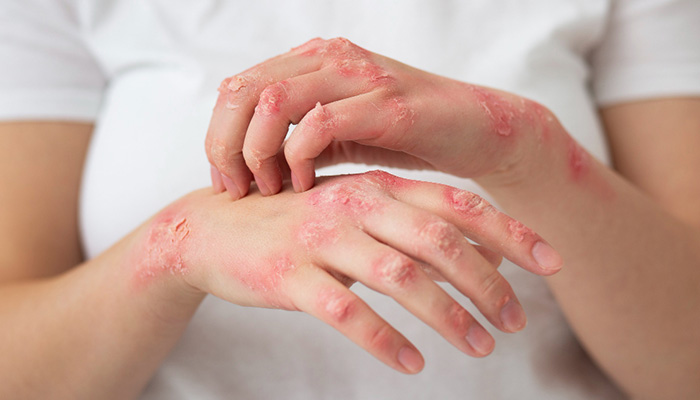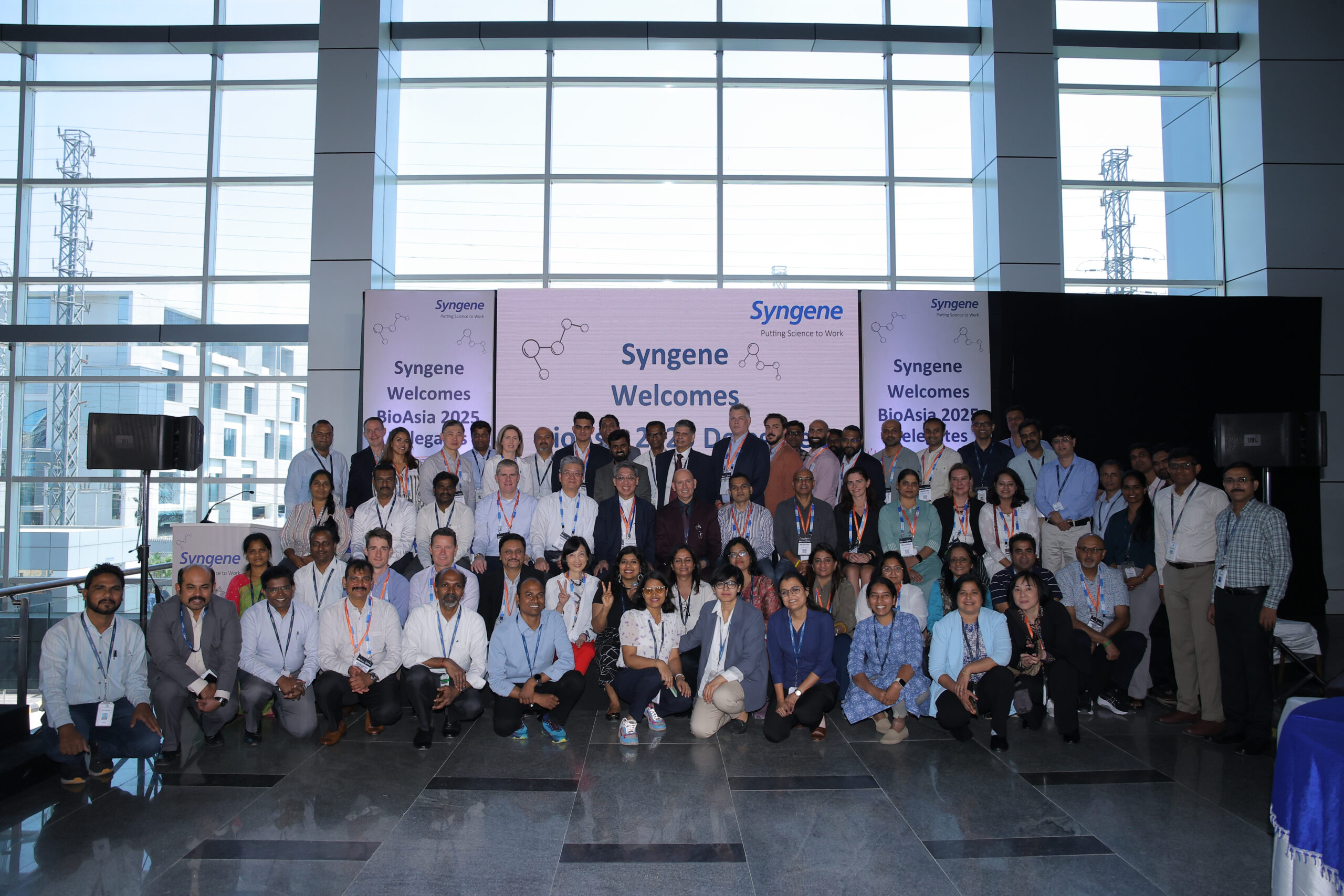Human body is the habitat of many bacteria! Yes, it’s true…the bacteria that the human body harbors stay in equilibrium with the body. Not only they are harmless, they are beneficial too. The bacteria in the digestive tract, called normal gut flora, help us to break the food, and digest it better. They also protect us from the harmful bacteria invading from outside the body. However, some strains or types of bacteria may invade the gut, and cause diseases. One such bacterium is E. coli or Escherichia coli.
E. coli- A part of normal gut flora
E. coli or Escherichia coli is a bacterium that is a part of the normal gut flora and prevents the invasion of the gut by disease causing germs. Some strains are however disease causing. They invade the digestive tract and cause infection. E. coli infection is acquired by consuming contaminated food, ice or water. Undercooked meat and unpasteurized raw milk, and juices are foods that can transmit the infection. It can be acquired by swimming in a pool that has a source of contamination with fecal waste. The infection can also be acquired by direct contact with an infected person or animal.
The main symptom of E.coli infection is diarrhea. Depending upon the causative strain, the features and symptoms may vary. At least five types of diarrhea causing E. coli are recognized. Diarrhea in E. coli infection can be mild and watery or severe and bloody. Pain or cramps in the abdomen, fever, a feeling of vomiting, and bad taste are other symptoms. The skin may go pale and the frequency of urination may decrease in severe dehydration.
Complications of E. coli infection
E. coli infections usually resolve without any serious complications. However, infection with one of the strains (O157: H7) causes a serious poisoning that can lead to hemolytic-uremic syndrome (HUS) which is a bleeding inflammation of the intestines accompanied by failure of kidney function. Anemia in this condition can be due to blood loss or destruction of red blood cells by the toxins produced by the bacteria. The kidney failure manifests as fall in the volume of urine and a rise in urea and creatinine which are the wastes of chemical processes in the body that are usually excreted in urine. Small bleeding spots may develop on the skin. There may be fever and also signs of brain damage that manifests as convulsions or paralysis in a part of the body. This complication is seen in around 15% or more number of cases of enterohemorrhagic infections. It is more common in children below the age of 5 years and in elderly. Usually, this develops in about a week or so following diarrhea. You should be vigilant for any symptoms if you have suffered from a bloody diarrhea due to E. coli infection.
Treating E coli infection
The diagnosis of E. coli diarrhea is done through stool examination. Your doctor will send a sample of your stool to a laboratory, where it would be subjected to culture to isolate the causative bacteria and then the strains and the toxins are identified by specific chemical tests.
Most cases of infection resolve without treatment. However, if diarrhea is persistent and watery, you may need to drink rehydration solutions to maintain fluid and electrolyte balance or take fluids by injections to recover. It is best to avoid any antimotility drugs to control diarrhea. This class of medicines worsens the infection by slowing down the elimination of bacteria in stools. If you take any medicines to increase your urine output, you may need to stop taking those when you are suffering from diarrhea depending upon its severity. Hemolytic uremic syndrome needs intensive care and dialysis for kidney failure. It is a serious illness and can increase the risk of death. If not treated well, it can lead to permanent problems. Antibiotics, a type of medicine used to either kill or arrest growth of bacteria, should be avoided as these are believed to increase the risk of hemolytic uremic syndrome.
Avoiding E. coli infection
Simple measure can help you stay away from E coli infection. Wash hands thoroughly with soap and water after contact with an infected animal or person. Maintain hygiene. Wash fruits and vegetables in clean water. Handle raw meats carefully and keep the knives, chopping boards, and utensils clean. Cook your meats and hamburgers well. E. coli cannot stand heat and are destroyed by proper cooking. Avoid unpasteurized milk and juices. Keep swimming pools clean, and maintain required chlorination. If you maintain a kitchen garden and grow your own vegetables, avoid cow manure that has a potential of being contaminated.
The gut feeling- Practice hygiene
E. coli infections may be transient, but these can be fatal if not treated well, and more so if caused by a more virulent strain. Hygiene habits go a long way in preventing E coli infection, and keeping your digestive tract healthy. Handle food safely, and keep clean to avoid these infections.




